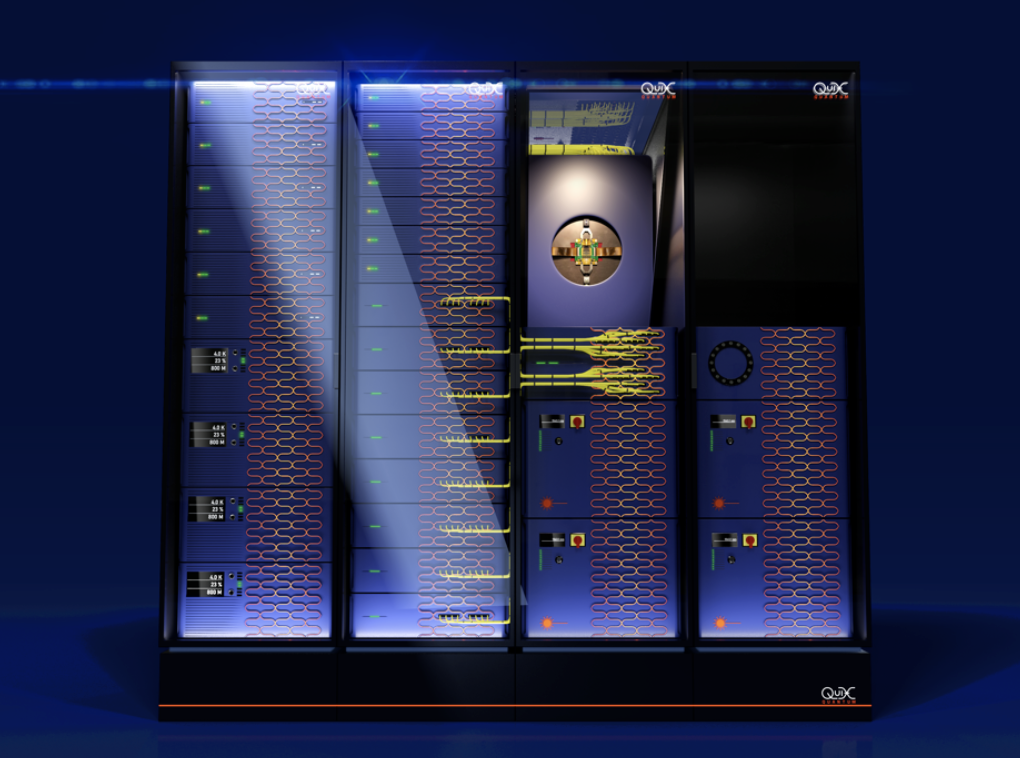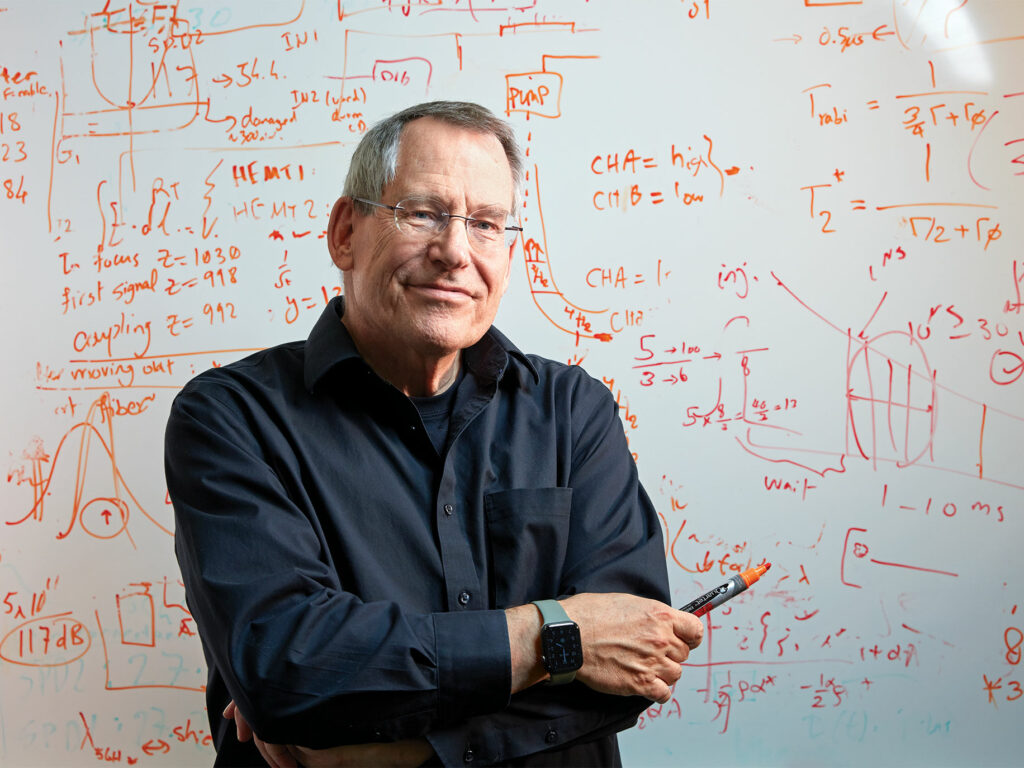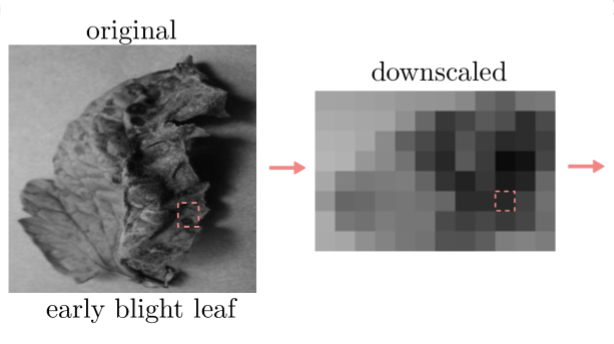Insider Brief
- Terra Quantum and Thales Group have applied hybrid quantum computing to demonstrate significant value creation potential for improving satellite operational utility.
- Results suggest hybrid quantum-enabled models could lead to significant higher revenue potential for satellite operators going forward.
- Critical Quote: “These methods leverage our unique hybrid approach across software and hardware that enables us to outperform the existing solution. The results, once again, underline the value of hybrid quantum computing today. This is just a glimpse of the technology’s transformative power for all industries. I am more than proud that we at Terra Quantum are at the forefront of this revolution.” — Markus Pflitsch, CEO of Terra Quantum
- Image: Thales Alenia Space
PRESS RELEASE — Terra Quantum, a leading quantum technology company, and Thales Group, a leading Aerospace, Space, Defence to Security & Transportation company, have applied hybrid quantum computing to demonstrate significant value creation potential for improving satellite operational utility through enhancing the satellite mission planning process. The joint prototype identified potential value creation opportunities of up to half a billion annually if the prototype was applied to all Earth Observation Satellites currently in orbit. As the number of satellites in space is projected to grow more than fourfold until 2030, optimized utilization will become even more critical for satellite operators looking to recover their high investments.
Thales Group’s Earth Observation Satellites continuously orbit the earth every 100 minutes to acquire images of requested territories with telescopes. Each moment in the orbit presents unique opportunities to capture images of the Earth. In order to achieve success, mission planning requires Thales Group to consider the opportunity cost of each task against their relative priorities, and long-term consequences.
The objective is to maximize the utility of a satellite through addressing more high value requests feasibly in a given time window and over the long-term duration of the satellite’s lifetime. Each task chosen is necessarily at the expense of others and has long-term effects on the orientation of the satellite as it adjusts its angle relative to the Earth during future tasks. This optimization has to be done over the course of multiple orbits given numerous constraints, including fuel, opportunity cost, and second-order consequences.
“This is a very hard problem that is extremely challenging for existing classical methods to calculate in our desired 10 minutes time window efficiently exploring the search space of requests and finding feasible solutions accounting for priority and the chainability constraints is incredibly valuable. And this problem will only become more complex as the number of satellites in orbit and number of capture requests rapidly grows.” said Serge Rainjonneau,

Earth Observation Ground Segment Product Line Architect, Thales Alenia Space.
Terra Quantum was able to use a novel hybrid approach to quantum computation, harnessing the benefits of both classical and quantum computation, leading to superior results. By using a combination of optimization and reinforcement learning algorithms, Terra Quantum was able to improve Thales Group’s satellite mission planning process, allowing it to calculate an optimal satellite-request acquisition schedule faster.
“The challenge for us was to explore the large search space and find the best feasible solution that maximized the number of high priority images in a given time window Thales Group’s satellites could tackle.”, says Markus Pflitsch, CEO of Terra Quantum. “These methods leverage our unique hybrid approach across software and hardware that enables us to outperform the existing solution. The results, once again, underline the value of hybrid quantum computing today. This is just a glimpse of the technology’s transformative power for all industries. I am more than proud that we at Terra Quantum are at the forefront of this revolution.”
The results indicate that hybrid quantum-enabled models lead to more accurate mission planning in shorter time, enabling significant higher revenue potential for satellite operators going forward. “The way we have together tackled this problem, for instance through an initial clustering to then feasibly maximize the utility of quantum resources is novel and interesting.” says Frédéric Barbaresco, Quantum Technology Program Leader of Thales Group. Terra Quantum and Thales Group estimate their model to allow for an est. EUR 22,500 of value creation potential per satellite and day.
“With increased innovation in the commercialization of space, and the lowering of costs to build, launch, and maintain commercial satellites, space is becoming an increasingly populated environment.” says David Sadek, VP, Research, Technology & Innovation of Thales Group. “The prototype enables a more cost and energy-efficient use of satellites, contributing to the sustainable commercialization of space.” In the last 25 years, the number of commercial satellites orbiting the planet has increased from 500 in 1995 to over 3,300 in 2022 with an exponentially growing trajectory. According to the European Space Agency, the space debris (larger than 1cm) currently in orbits amounts to over 1 036 500 objects. To this end, maximizing the efficiency of every satellite launched into space becomes crucial in an effort to design the commercial use of space as sustainably as possible.
Following their successful proof of concept, Terra Quantum and Thales Group are now looking to scale the prototype in live scenarios and explore other high-value, mission critical, complex applications, e.g., around quantum security.
If you are interested in this, you may be interested in more quantum news and space news.
If you found this article to be informative, you can explore more current quantum news here, exclusives, interviews, and podcasts.




















